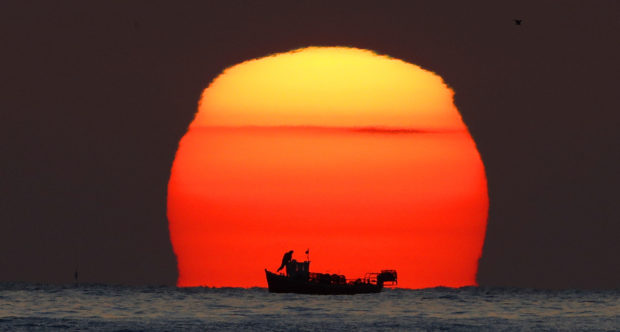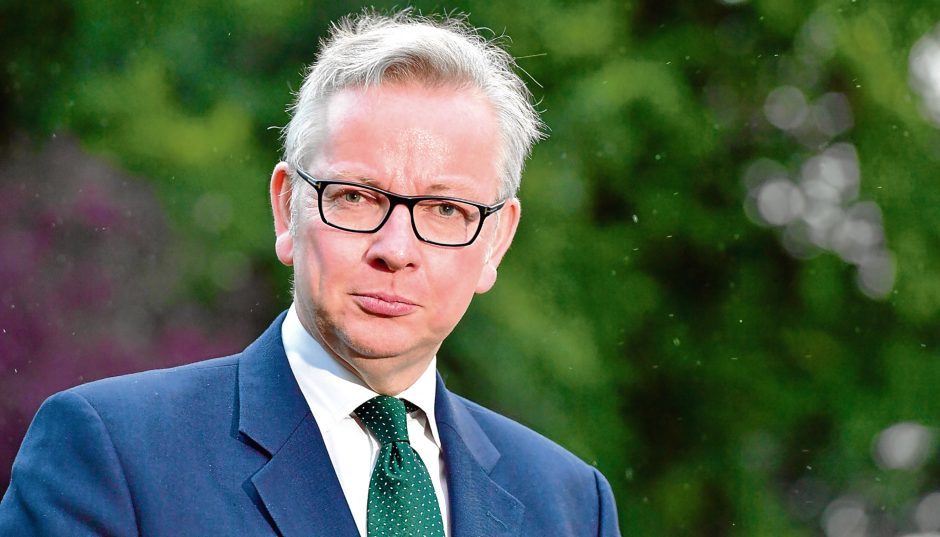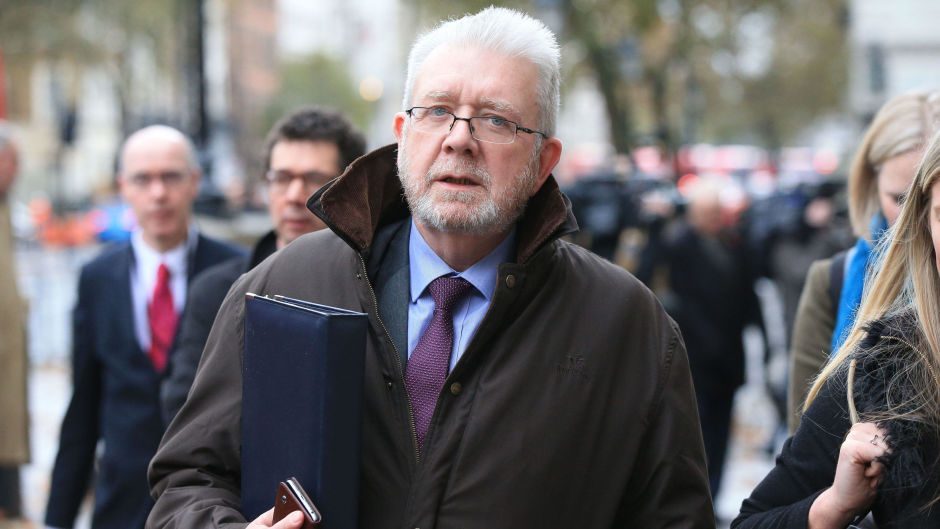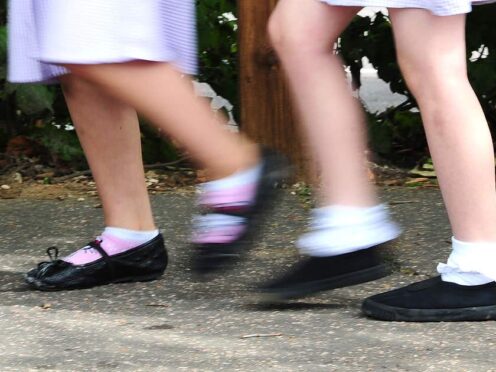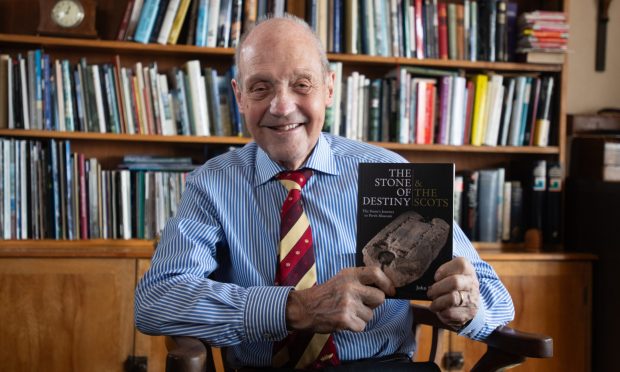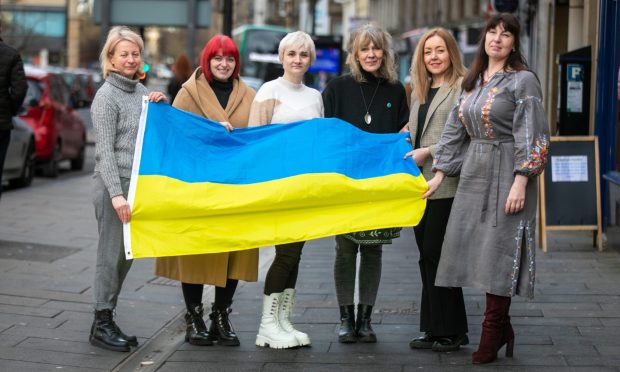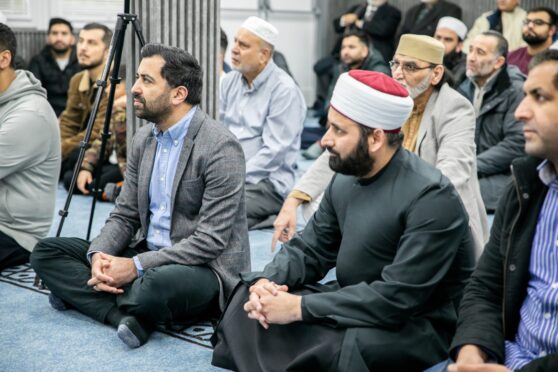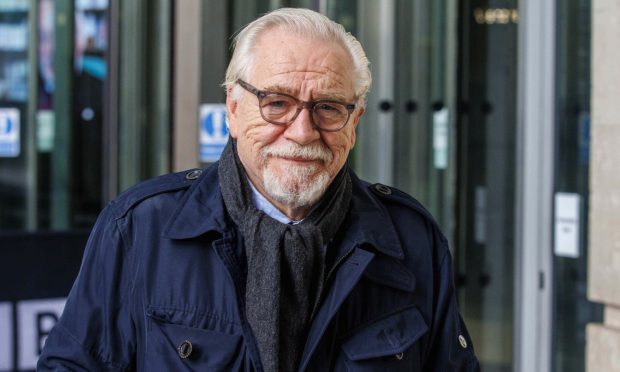European fishing vessels will need a licence to catch in UK waters from the end of December under Boris Johnson’s Brexit plan, it has emerged.
After fisheries negotiations stalled in Brussels last week, the UK Government has today published a draft of its demands in a bid to move the conversation forward ahead of the final round of talks on June 1.
The 11-page fisheries offer to the EU makes clear that the UK will be an independent coastal state by the end of the year and argues for a new relationship, similar to that between the EU and Norway, based on the principle of zonal attachment.
The document states that the UK will ensure the “continued sustainable and rational management of the fish stocks” but makes clear the vehicle for that will not be the common fisheries policy.
“Each party shall manage its own fisheries independently and may take such measures in its relevant waters as it considers appropriate to ensure the rational and sustainable management of fisheries”, the UK legal text states.
We believe agreement is possible if flexibility is shown.”
Michael Gove
To manage future disagreements, the UK has suggested the establishment of an EU-UK “fisheries co-operation forum”.
The forum would manage, monitor, control and enforce on issues relating to fisheries.
On enforcement, the UK has made clear that “any vessel granted access to fish in the relevant waters of the other party must obtain an authorisation and a licence”.
The text also makes clear that the fisheries agreement between the UK and EU can be suspended, with two years’ notice, if there is a dispute that cannot be resolved.
Cabinet Office minister Michael Gove, speaking in the Commons this afternoon, said he believed an “agreement is possible if flexibility is shown”.
He said: “The discussion last week underlined that a standard comprehensive free trade agreement alongside other key agreements on issues such as law enforcement, civil nuclear and aviation, all in line with the political declaration, could be agreed without major difficulties in the time available.
“There remain, however, some areas where we have significant difference of principle, notably on fisheries, governance arrangements and the so-called level playing field.
“The EU essentially wants us to obey the rules of their club even though we’re no longer members and they want the same access to our fishing grounds as they currently enjoy, while restricting our access to their markets.
“It remains difficult to reach a mutually beneficial agreement while the EU maintains such an ideological approach.
“But, we believe agreement is possible if flexibility is shown.”
Scottish constitution secretary Michael Russell said, with the pandemic, the UK Government needed to ask for a two-year Brexit delay.
He said: “People in Scotland will be utterly dismayed that the UK Government is pressing ahead with these complex negotiations when all their efforts should be focused on tackling the current unprecedented crisis.
“Last week’s negotiating round again failed to progress the most difficult issues. This makes it more urgent than ever that the UK Government asks for a two year extension to the current transition period to avoid the the disaster of no-deal in just over seven months’ time.”
As well as fisheries, the texts also include plans for trade, aviation, energy, law enforcement and judicial cooperation.
